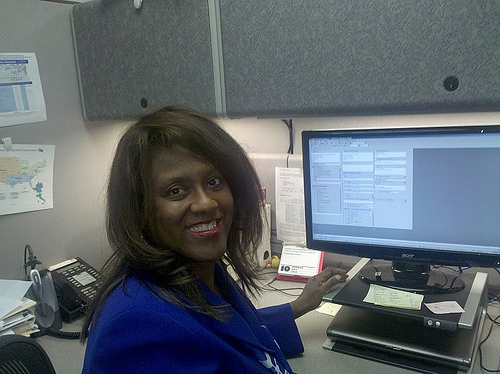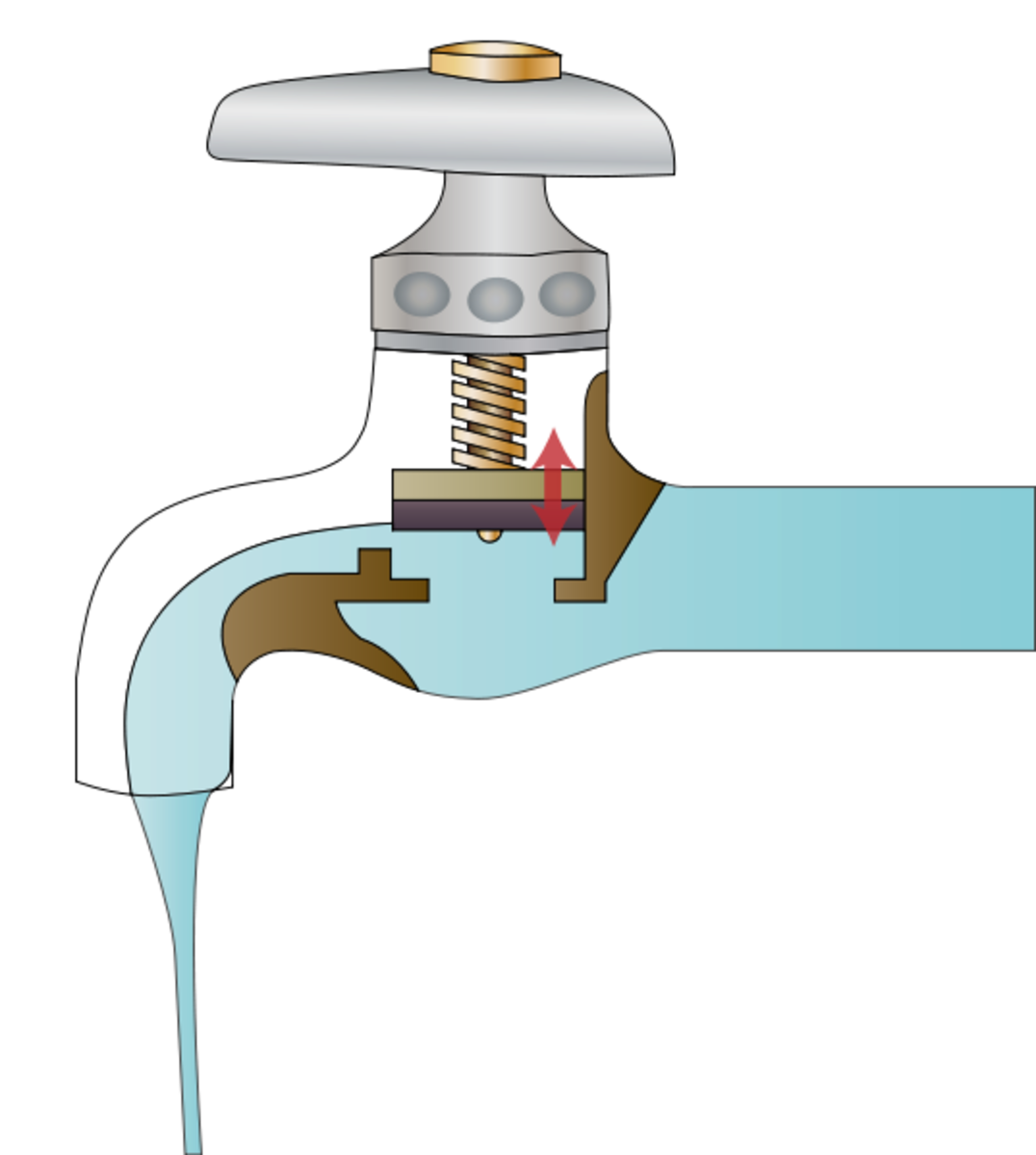Clerk / Data Entry Jobs

© 2012 by Aurelio Locsin.
If you want to work in an office or get your foot in the door of a corporation, one way to start is with a clerk/data entry job. Because the position is considered entry-level, it has minimal qualifications. It offers the chance to learn a company from the ground up, and is the first step on the climb up to management level.
What Clerks Do
Clerks perform miscellaneous administrative tasks that keep an office going. They answer phones, operate office equipment such as copiers, and run errands, such as dropping off overnight packages or picking up refreshments for company meetings. Organizing and processing information forms a large part of the job: filling out forms, sorting paperwork and organizing files. In small businesses, clerks may perform a little bit of everything. In large companies, they may specialize in one task, such as paying bills, tracking shipments or sending out mail.
Qualifications
Clerks generally require only a high school diploma or equivalent. They often learn their skills on the job under more experienced workers or supervisors. Clerical training is also available at community colleges and business schools. Helpful courses include accounting, computers, customer service, word processing and general business machines. Good interpersonal skills are necessary to deal with staff at all levels. The ability to juggle several different tasks at the same time is also important because clerks may have to finish several projects every workday.
Data Entry
Although businesses still use paper to track information, nearly all use computers to supplement that work flow. Clerks must thus be comfortable using hardware and software applications. In a typical day, clerks may have to calculate profits in a spreadsheet, compose letters on a word processor, prepare charts in presentation applications and enter customer information into a database. All clerks use computers to some degree. However, those who specialize in that task are called data entry clerks or word processors.
Salaries
As of May 2011, general office clerks earned a mean $28.920 per year, or $13.90 per hour, according to the Bureau of Labor Statistics. However, their salaries could range from below $17,740 annually, or $8.53 hourly, to above $43,390 yearly, or $20.86 per hour. Their highest salaries were in the postal service, averaging an annual $53,170, or $25.56, and natural gas distribution, at a mean $43,670 per year, or $20.99 per hour. For data entry clerks, the mean wages were $29,010 yearly, or $13.95 hourly. For word processors and typists, averages came to an annual $35,240, or $16.94 per hour.
Prospects
Clerks who have years of experience may advance to become administrative assistants or secretaries. If they show administrative skill, they can become supervisors in charge of hiring, training and motivating clerks. With additional training, often sponsored by the company, they can progress to department manager positions. The Bureau of Labor Statistics sees jobs for general office clerks increasing at 17 percent from 2010 to 2020, which is better than the 14 percent rate predicted for all jobs and all fields, and higher than the 12 percent expected for all other office support workers. Those who have a computer background and can quickly learn new skills will have the best prospects.
Resources
- U.S. Bureau of Labor Statistics
The Bureau of Labor Statistics is the principal fact-finding agency for the Federal Government in the broad field of labor economics and statistics. - http://accountantsalaryinfo.com
Accountant Salary Info. Discover the average accountant salary by position, industry and location. Special sections on CPA salary and accounting job prospects.





